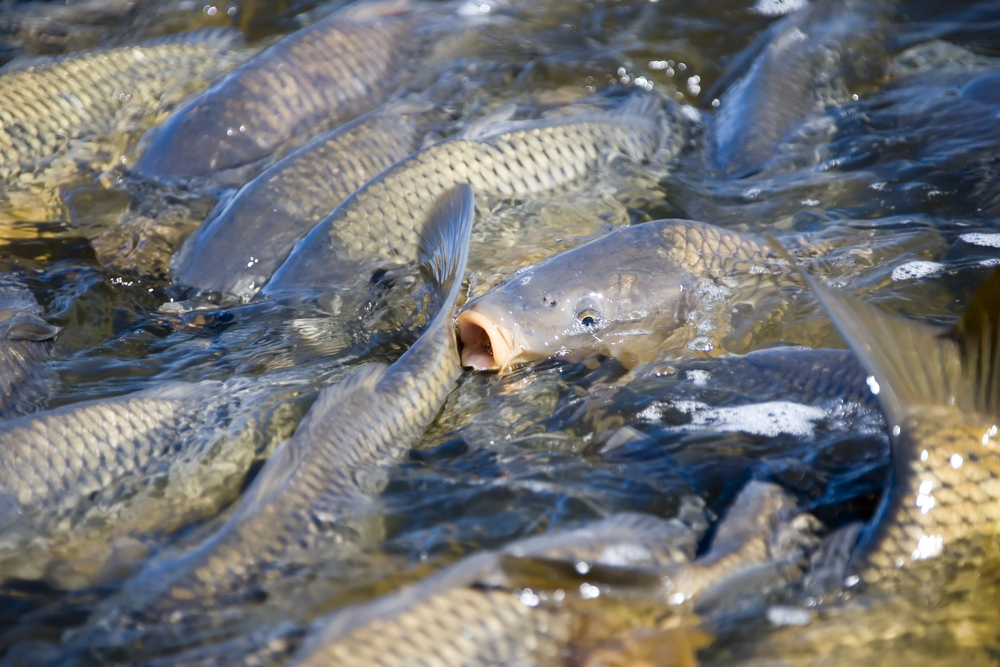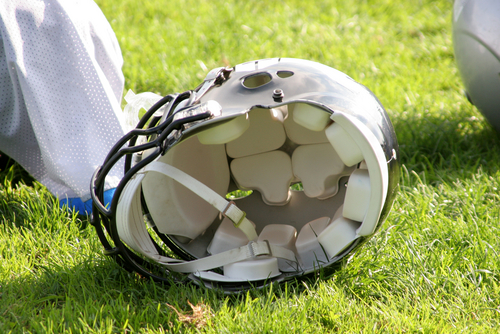Asian carp are headed to the Great Lakes and neighboring states are not happy about it.
The fish, which are considered an invasive species and a threat to the ecosystem of the lakes, have prompted the state of Michigan to sue the state of Illinois, the City of Chicago and the U.S. Army Corps of Engineers to force them to protect the region’s $7 billion fishing industry by permanently closing the Chicago-area waterways that separate the Mississippi River from Lake Michigan. The states of Minnesota, New York, Ohio, Wisconsin and Indiana have all joined in supporting the suit while the Canadian province of Ontario has also expressed an interest in participating in the effort to stop the carp.
Originally Asian carp were introduced to the United States in the 1970s by catfish farmers who used the bottom-dwelling fish to clean out the algae and other debris from their ponds.
But when the ponds were flooded in the 1990s, the carp found their way into the Mississippi River where they have been moving north and wreaking havoc on indigenous species ever since.
While protecting the Great Lakes’ ecosystem seems like an obvious priority, Illinois officials are concerned that closing the waterways, specifically the Chicago Sanitary and Ship Canal, will not only damage the area’s barge industry but will force a reconfiguration of wastewater disposal methods, which are currently handled by the 100-year-old canal.
“While we recognize that Asian carp pose a significant threat to the Great Lakes,” said Suzanne Malec-McKenna, the commissioner of Chicago’s Department of Environment, “shutting down the waterway system in Northeastern Illinois before fully understanding the impact it would have on the movement of people, goods and storm water is a shortsighted answer to a complex problem.”
Illinois Attorney General Lisa Madigan is expected to respond to the suit sometime today.


